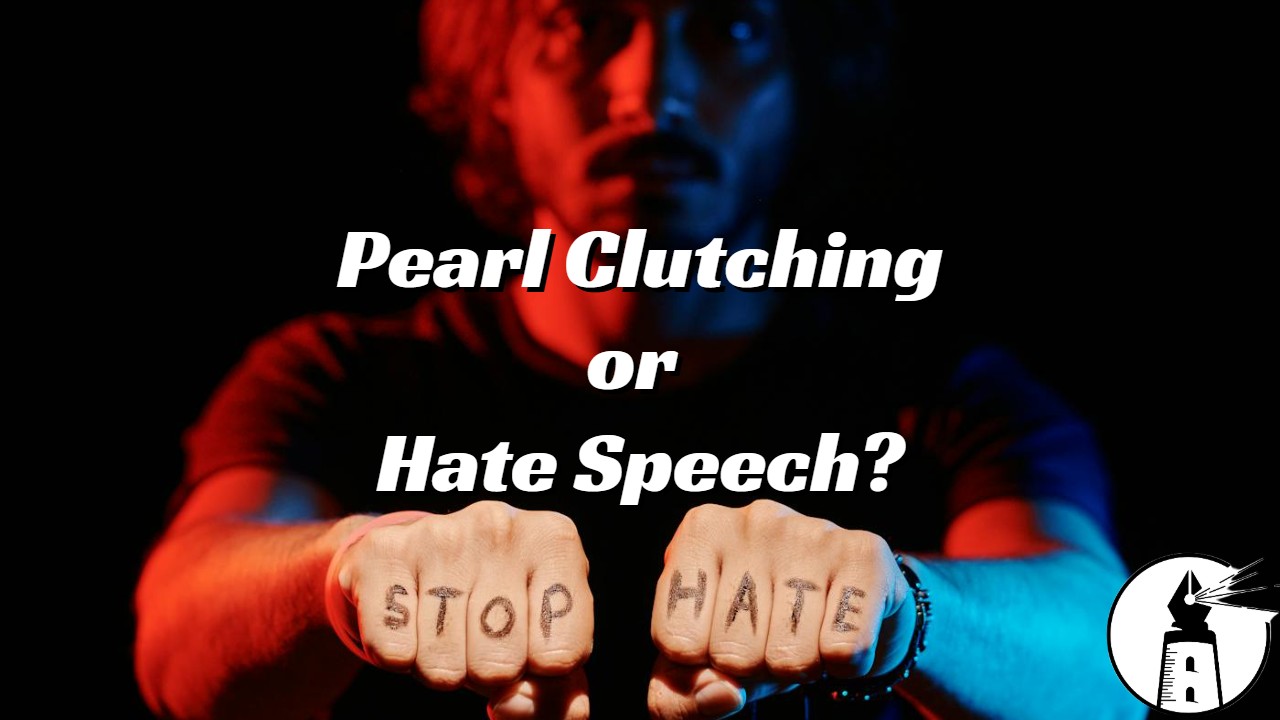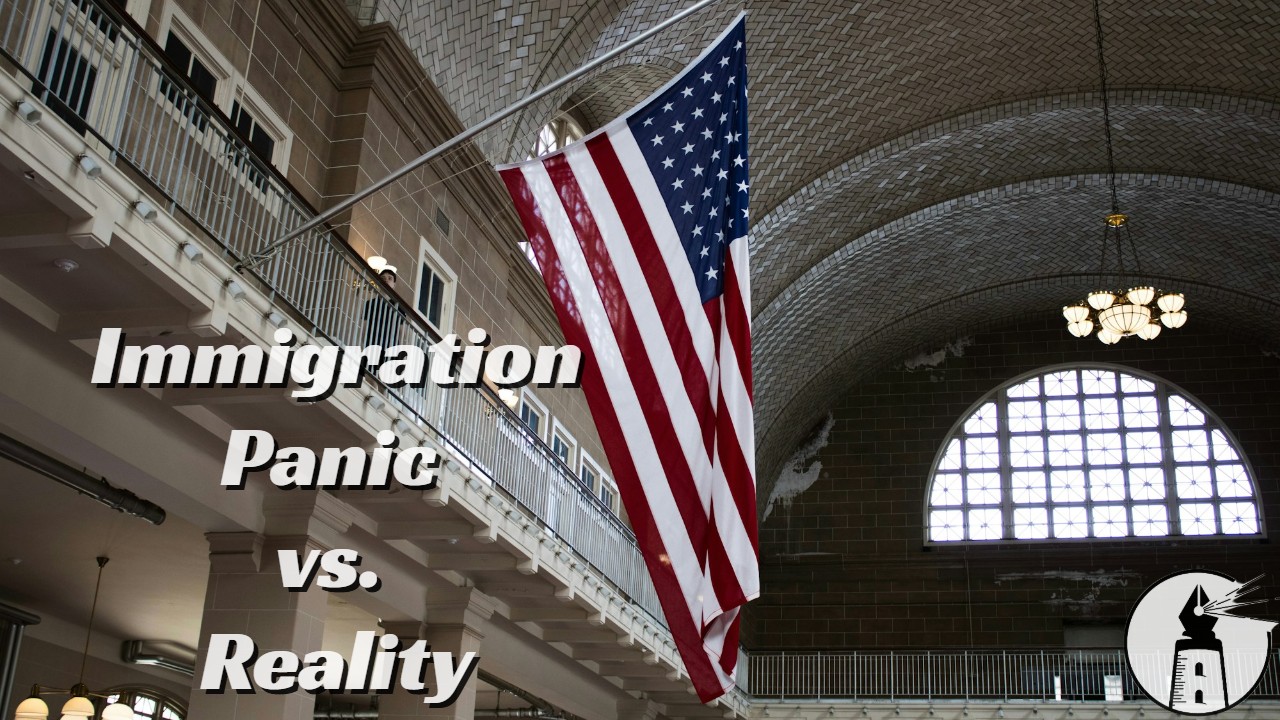Although Juneteenth was formally recognized as a federal holiday in 2021, its visibility and celebration are facing serious challenges just a few years later. Across the country, what was once greeted with renewed enthusiasm is now being scaled back or canceled altogether. The reasons behind this pullback are numerous, but many organizers point to safety concerns, dwindling institutional support, and a broader political climate that has grown increasingly hostile to diversity, equity, and inclusion efforts.
Juneteenth, which marks the day in 1865 when the last enslaved Black Americans were informed of their freedom in Galveston, Texas, represents far more than a historic footnote. It is a living symbol of emancipation and the long struggle for racial justice in the United States. At a time when misinformation is widespread and the facts of American history are under political pressure, continued observance of Juneteenth serves as both a remembrance and a reaffirmation.
The federal acknowledgment of Juneteenth came during a period of profound national reckoning. In the wake of several high-profile killings of Black Americans and amid the isolation of the COVID-19 pandemic, many institutions and corporations made public commitments to support racial equity. Some of those same institutions are now walking back their promises. Programs once framed as vital have been quietly dissolved or defunded. In some cases, the withdrawal has been directly tied to executive orders restricting federal diversity programs. These changes have already begun to shape the way Juneteenth is observed, if it is observed at all.
In various cities, from Virginia to Oregon, longtime Juneteenth events have been canceled, downsized, or relocated. Reasons include a lack of sponsorship, confusion over whether events qualify as DEI initiatives, and public safety concerns. Some municipalities have seen attendance decline, while others report increased pressure from residents who question the holiday’s relevance. Federal and state agencies, once venues or supporters of Juneteenth events, have become more cautious, leading some organizers to seek smaller venues or cancel altogether.
This scaling back comes at a critical moment. Scholars and educators warn that reducing the visibility of Juneteenth undermines efforts to teach and preserve historical memory. The holiday is not merely symbolic. It is a lens through which to understand the enduring impact of slavery and systemic racism, as well as a reminder of the ongoing pursuit of equality. Without active commemoration, there is a real risk that public understanding will fade, and with it, the opportunity for meaningful dialogue.
Juneteenth is not interchangeable with political programming. It is a historical event rooted in the delayed freedom of millions and the resilience of a people denied justice for generations. Like Independence Day or Memorial Day, it deserves space free from politicization. Comparing Juneteenth to DEI programs ignores its foundational role in the nation’s history.
Despite recent setbacks, many communities are still finding ways to celebrate, even if it means smaller gatherings or more grassroots efforts. In some places, individuals who were once supported by local government or national sponsors are now relying on volunteers and mutual aid to ensure the tradition continues. While it may not look the same as it did a few years ago, the heart of the celebration remains.
Honoring Juneteenth is about more than a day off or a festival. It is a chance to connect with a history that is too often overlooked or misunderstood. It is a commitment to telling the truth about America’s past and using that truth to shape a better future. That mission has never been more important, and continuing the tradition of Juneteenth celebrations, however difficult, is a powerful act of resistance and remembrance.
—By Greg Collier



